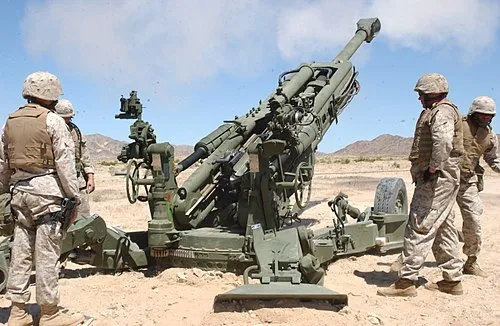
Celebrating Liberation Day in Mali: A Journey Through History
Liberation Day in Mali, celebrated annually on September 22, commemorates the country's independence from French colonial rule in 1960. This significant event marks a pivotal moment in Mali's history, highlighting the struggles and triumphs of its people.
The Historical Context of Liberation Day
To fully appreciate what Liberation Day represents, it is essential to delve into Mali's history. Before gaining independence, Mali was part of French West Africa and experienced profound political and social changes resulting from colonial governance. The struggle for independence involved many leaders and activists who fought tirelessly for Mali's autonomy and the right to self-govern.
The Road to Independence
The path to independence began in the late 1950s as several nationalist movements emerged. Figures such as Modibo Keïta played a crucial role in advocating for Mali's independence. The culmination of these efforts was the historic declaration of independence on September 22, 1960, which set Mali on a new course as a sovereign nation.
Significance of Liberation Day Celebrations
Malians celebrate Liberation Day with great enthusiasm and pride. The celebrations feature parades, cultural events, and gatherings that showcase the nation’s rich heritage. Local music, dance, and traditional food bring communities together, fostering a sense of unity and national pride.
Parades and Cultural Events
One of the highlights of Liberation Day is the grand parade held in the capital, Bamako. Thousands of people participate, including military personnel, school children, and local artists. The parade serves not only as a reminder of Mali's liberation but also as a display of the country's cultural diversity and strength.
Educational Programs
Alongside the festivities, educational programs are organized to teach younger generations about Mali's freedom struggle and the significance of independence. Schools and community organizations play an active role in disseminating knowledge about this vital aspect of national identity.
The Contemporary Relevance of Liberation Day
In today’s world, the themes surrounding Liberation Day remain relevant as Mali navigates through various social and political challenges. The day serves as a reminder of the importance of unity, resilience, and standing together to protect the freedoms gained through sacrifice.
Conclusion
Celebrating Liberation Day in Mali is more than just a historical commemoration; it is a recognition of the sacrifices made by past generations to secure a better future. As Malians celebrate each September 22, they honor their history and look forward to a bright future grounded in freedom and independence.






